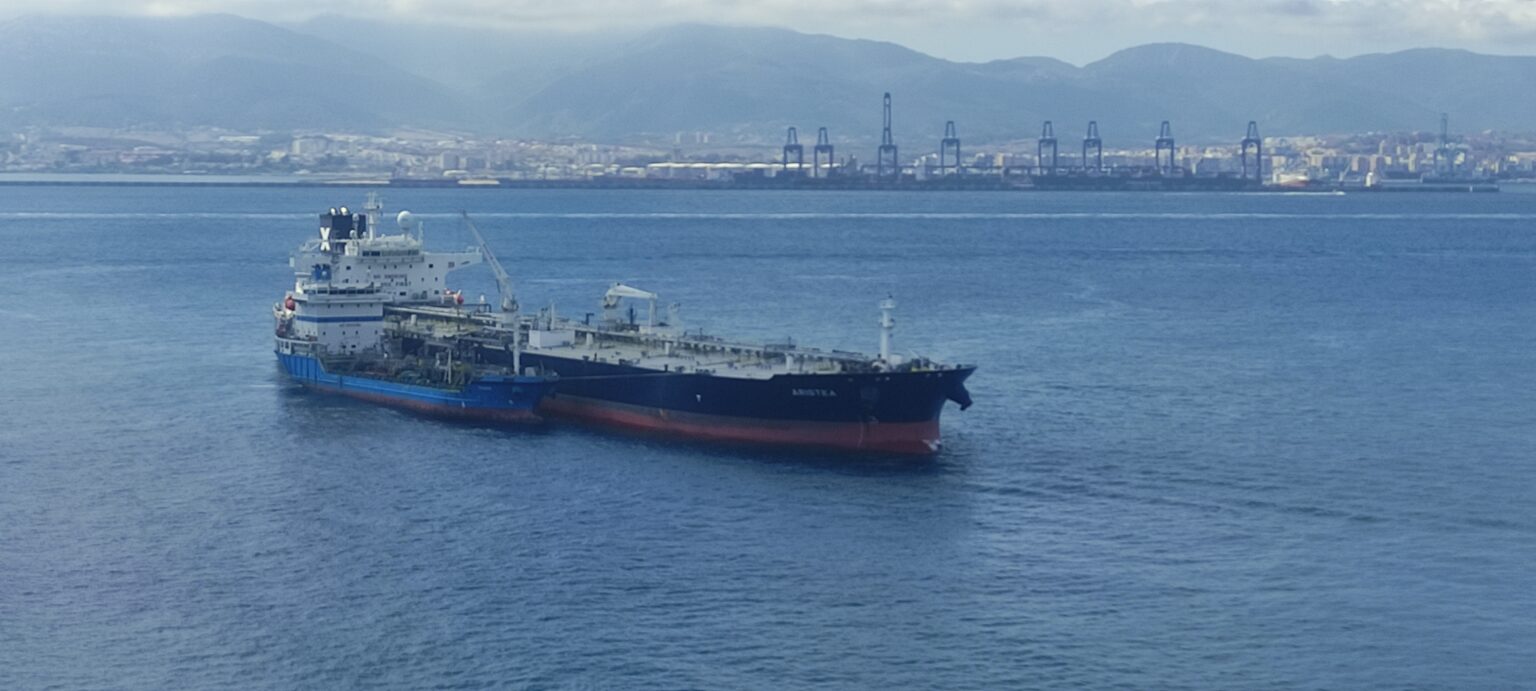Fuel quality still “critical issue”
Lloyd’s Register's new report into the “evolving landscape of marine fuel quality and its implications for the maritime industry”

Ongoing concerns around fuel quality continue to be a critical factor and significant expense for the maritime industry, according to the Lloyd’s Register (LR) Fuel Quality Report 2024.
The report, produced by LR’s Fuel Oil Bunker Analysis and Advisory Service (FOBAS), is designed to provide marine fuel purchasers, shipowners, and operators with? a deeper understanding of current fuel quality trends and the evolving regulatory environment.
The report reveals the overall state of fuel quality in 2024 remains much like that of the past few years, particularly since the transition to predominantly VLSFO in 2020. Persistent issues such as cat fines, stability, sulphur content, and flash point continue to be challenging, and isolated incidents of chemical contamination are still occurring.
A significant section of the report is dedicated to exploring the growing adoption of biofuels, with an increasing number of ship operators starting to use biofuels onboard on a regular basis or at least trialling to gain necessary experience.
Looking ahead, the report considers the implications of the newly implemented ISO8217:2024 standard, as well as the EU ETS and other regulatory pressures from IMO, EU, and the broader industry. This shift is expected to drive the growth of the multiplicity of the biofuel supply market, which could present challenges related to availability, costs, and fuel quality control. Additionally, there is continuing development and progress on alternative fuels, such as methanol, hydrogen, ammonia.
IMO’s updated fuel oil sampling guidelines
MSC-MEPC.2/Circ.18, issued on 11 July 2024, extends the use of the MARPOL Delivered Sample to also be available for checking the flashpoint requirement under SOLAS Regulation II-2/4.2.1. It revokes the previous MEPC Resolution 182(59) 2009 Guidelines for the sampling of fuel oil for determination of compliance with the revised MARPOL Annex VI.
In a circular LR highlights notable changes:
Minimum sample size: The basic requirements (as given by the 2009 Guidelines regarding the sampling location, arrangements and procedures for what the joint circular refers to as the “Representative Sample”) are unchanged apart from the minimum sample size being increased from 400ml to 600ml. Also unchanged are the sample labelling and sample storage aspects.
Fuel oil definition: For the purpose of these Guidelines, and for the application of SOLAS Regulation II-2/4.2, oil fuel is as defined in Regulation 2.1.14 of MARPOL Annex VI, including oil fuel as defined in Regulation 1 of MARPOL Annex I.
Sampling and preparation: There are now explicit references in the circular to the need for personnel undertaking this sampling and the subsequent MARPOL Delivered Sample preparation to be familiar with the use of the equipment and the Guidelines. Also, that the sampling operation itself should be witnessed by representatives of both the ship and supplier.
New Section 10: This covers the procedures and documentation requirements in those instances where the fuel oil’s flashpoint is to be checked. LR notes: “This in no way impacts on the MARPOL Annex VI Appendix VI requirements in respect of the sulphur verification procedures, which are unaltered.”
Tracking of Delivered Samples: With regard to the key point of keeping track of these MARPOL Delivered Samples, this is now given as being the company’s responsibility rather than the responsibility of the ship’s master, as previously stated in the 2009 Guidelines. This will be important where samples are taken off the ship for testing, but the remaining material is not subsequently returned.
The MARPOL Delivered Sample should only be used by a Party to either MARPOL Annex VI or SOLAS, to test for compliance with the convention requirements. The MARPOL Delivered Sample should not be used for any other purposes such as the resolution of commercial quality disputes.
19/12/24
get
in touch

Constructive Media
Constructive Media
Hornbeam Suite
Mamhilad House
Mamhilad Park Estate
Pontypool
NP4 0HZ
Tel: 01495 239 962
Email: ibia@constructivemedia.co.uk

On behalf of:
IBIA London Office
Suite Lu.231
The Light Bulb
1 Filament Walk, Wandsworth
London, SW18 4GQ
United Kingdom
Tel: +44 (0) 20 3397 3850
Fax: +44 (0) 20 3397 3865
Email: ibia@ibia.net
Website: www.ibia.net

Emails
Publisher & Designer: Constructive Media
ibia@constructivemedia.co.uk
Editor: David Hughes
anderimar.news@googlemail.com
Project Manager: Alex Corboude
alex@worldbunkering.net
